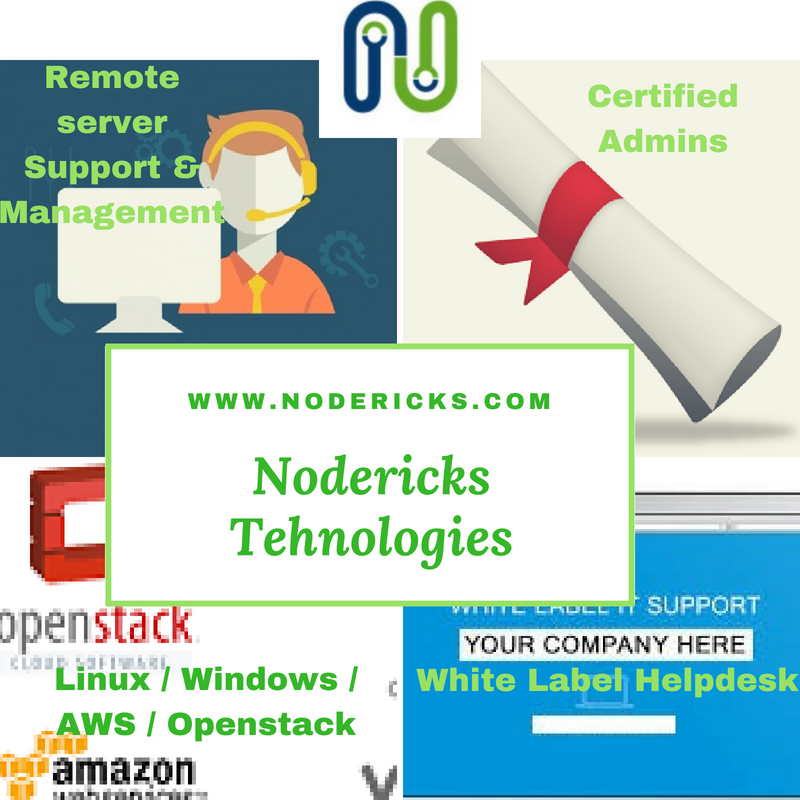
This IT-driven era demands a strong presence in the cyber-space, especially for enterprises to succeed. This can be achieved through websites, which is the digital presence of any worldly entity. Nowadays, everything from personal pages, advertisements, e-commerce to sophisticated information systems works through web pages. These web pages or websites may or may not have access restrictions (like business information systems, healthcare systems, etc. having restricted access; role-based access in banking or enterprise information systems, etc.).
Working of websites (collection of web pages) can be described as this – over the internet, a web browser sends a request to its web server, which in turn sends the requested webpage as a response. Web hosting makes a website available on the internet, making it available to everyone who is authorised to access it. Hosting gives a virtual space to any digital content by making it online; it determines where a web page sits on the internet.
There are four major hosting solutions – Shared, Dedicated, Cloud & VPS (Virtual Private Server). The features of each of them are,
Shared hosting: Shared server, Cheapest, Simplest. Disadvantages are lack of full server control & chances of downtime when others use the server too much.
Dedicated hosting: Complete availability of the server, Sophisticated. Disadvantages are high cost and high responsibility.
Cloud-hosting: Server is virtual, it is like renting – payment is as per usage making it cost effective, latest (after 2015). Disadvantages are the need for advanced skill set and an increased risk of security (cloud servers as virtual, which are available on the internet making it more vulnerable to cyber attacks.).
VPS: CPU time and memory are shared. But whatever happens in one’s shared space & its patching is solely under their responsibility. Disadvantages are high cost and need of sophisticated technology.
A web hosting service provider leases servers and associated hardware to their clients. All the equipment belong to the web hosting service provider. But like any technology, hosting services also has challenges. Major ones among these are server limitations & downtime, problems related to mail, and most importantly cyber-security risks. Web hosting support helps to overcome these issues in a web hosting service, where it can either be handled by the service provider’s own or an outsourced hosting support team.
Since quicker technical advancements have increased security risks as well as other technological challenges in today’s cyber world, hosting support is extremely important as well as essential for achieving hosting service excellence. This makes smart hosting service no different from smart hosting support.
Want to know more about smart hosting support?
Have a look at our article on qualities of excellent technical support :
https://www.nodericks.com/finding-high-quality-dedicated-technical-support-person/
Outsourcing a hosting support team can bring advantages in various ways – It can bring in the experience of professionals who are solely focused on support activities, resulting in excellence; it can also be cost-effective by making available expert support in a lower cost.
Please refer our following articles for a detailed understanding on hosting support outsourcing :
https://www.nodericks.com/checklists-outsourcing-technical-support/
https://www.nodericks.com/white-label-support-an-overview/
Come, talk to us :).
